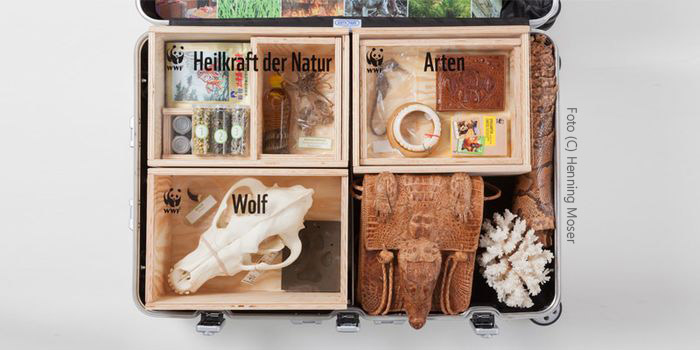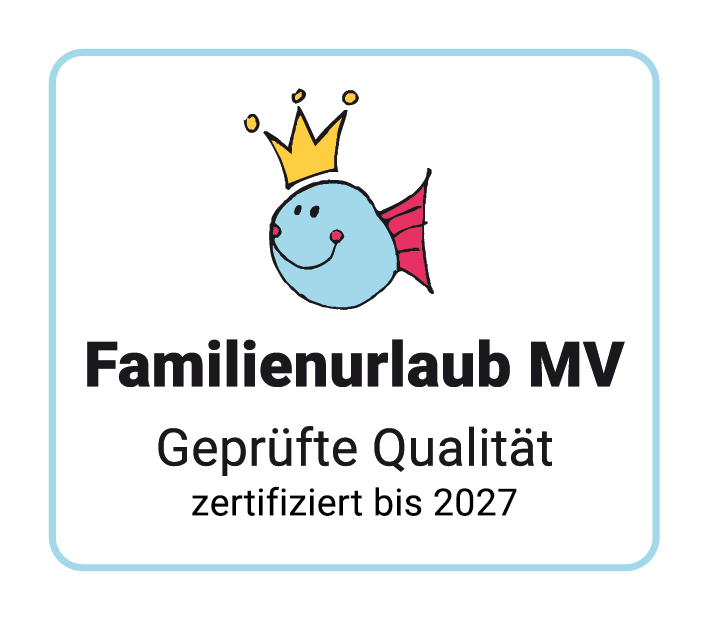The Zoo School
The Zoo School in Ueckermünde Zoo is a very popular place to learn for school classes and other groups. In 1983, the zoo school started its work. Five years later, on 27 September 1988, the Zoo School was established with a building on its own.
This house is the starting point for lectures on natural science. More than 5000 pupils per year learn at the Zoo School. The lessons offered range from Kindergarten up to graduate school.

These topics can be booked as one lesson or as project (one or more days).
Contact: Udo Kleinschmidt (education team)
Phone: 0151 17 12 82 35
Email: zooschule@tierpark-ueckermuende.de
Interdisciplinary lessons are given in the education center. Contact to animals during the lessons is possible.
1. Adaptation of mammals to their environment
(tour around the zoo, special examples are given regarding adaptation, nutrition and locomotion)
2. Record hunting in the zoo
(tour around the zoo, finding zoo records, quiz)
3. The forest
Animals and plants in various levels of the forest
Network of the animals and plants
Protection and importance of the forest
Forest secrets
4. Pond tour
Animals in and at the pond and their adaptation
Examination of water samples of ponds in the zoo
Visit the keeper´s talk of the otters
Offer only possible between 9 and 11 am
5. Young animals
Visit newborn animals at the zoo
6. Working with natural-scientific methods
Using a variety of methods at certain stations (team work)
Assessment of the social competence
Only for classes 5 and 7 (gymnasium)
7. Welcome wolf
Behavior of the wolf pack in the zoo
Visit of the wolf enclosure
Re-establishment of the wolf
8. A Bug´s Life
Insects
Physique and camouflage
9. Fishes in the Lagoon aquarium
Local fishes
Nutrition and locomotion
10. Early vocational preparation
Job outline
Get to know work as an animal keeper
11. Special programs
Christmas in the zoo (Life and history of regional poets)
Easter in the zoo with experiments on the egg
We are open for any further programs and projects.
The above listed topics may be booked as project for one or several days.
There are interdisciplinary lectures. Direct contact with animals is possible.
1. Domestic animals
Difference between pets and livestock
Which pet suits me?
Pets here and in other countries
Difference between wolf and dog
2. The forest
Secrets of the forest
Animals and plants of the forest
Protection and importance of the forest
The forest during the four seasons
3. Animals and plants in autumn
How do animals prepare themselves for winter?
Magic leaves
Animals in the zoo during autumn
4. Animals during wintertime
Tracks of animals
Winter dormancy and hibernation, explained by examples of zoo animals
5. Young animals
Guided tour through the zoo showing young animals
Mammals, birds
6. Animals in the Zoo
English lessons for the 3rd/4th class
Animals in the zoo using English vocabulary
7. Special programs
Christmas in the zoo (Life and history of regional poets)
Easter in the zoo with experiments about the egg
>>>We are open for any further programs and projects.<<<
Christmas and Easter Program
According to Easter and Christmas, respectively, we offer special programs.
At Easter traditions are explained, experiments with eggs are conducted and the first newborn animals in the zoo can be watched at a tour through the zoo.
At Christmas stories/fairytales of regional poets about animals are read. Then “Lütten Weihnacht”- Christmas for animals – is celebrated.
Both programs are very popular and you should book well in advance.
Any questions? Do not hesitate to contact us:
Protection of the species bag

At the education center you may work with the WWF protection of species bag. WWF wants to make biological diversity more understandable.
You can work on various topics with specimen and other teaching material, e.g.
- “Welcome home – the wolf”,
- “Healing power of nature” or
- “Animal trade and poaching”.
The topics are meant for classes 5 to 10, but can also be used for other groups.
Certification of the zoo school as Education center for Sustainability

The education center is one the very first institutions to be acknowledged as "Bildungszentrum für Nachhaltigkeit" ("Educational Center for Sustainability"). The work of the education center is regarded as "sustainable" with respect to ecological, economical, and social aspects.
© 2026 Tierpark Ueckermünde - Imprint | Privacy Policy







